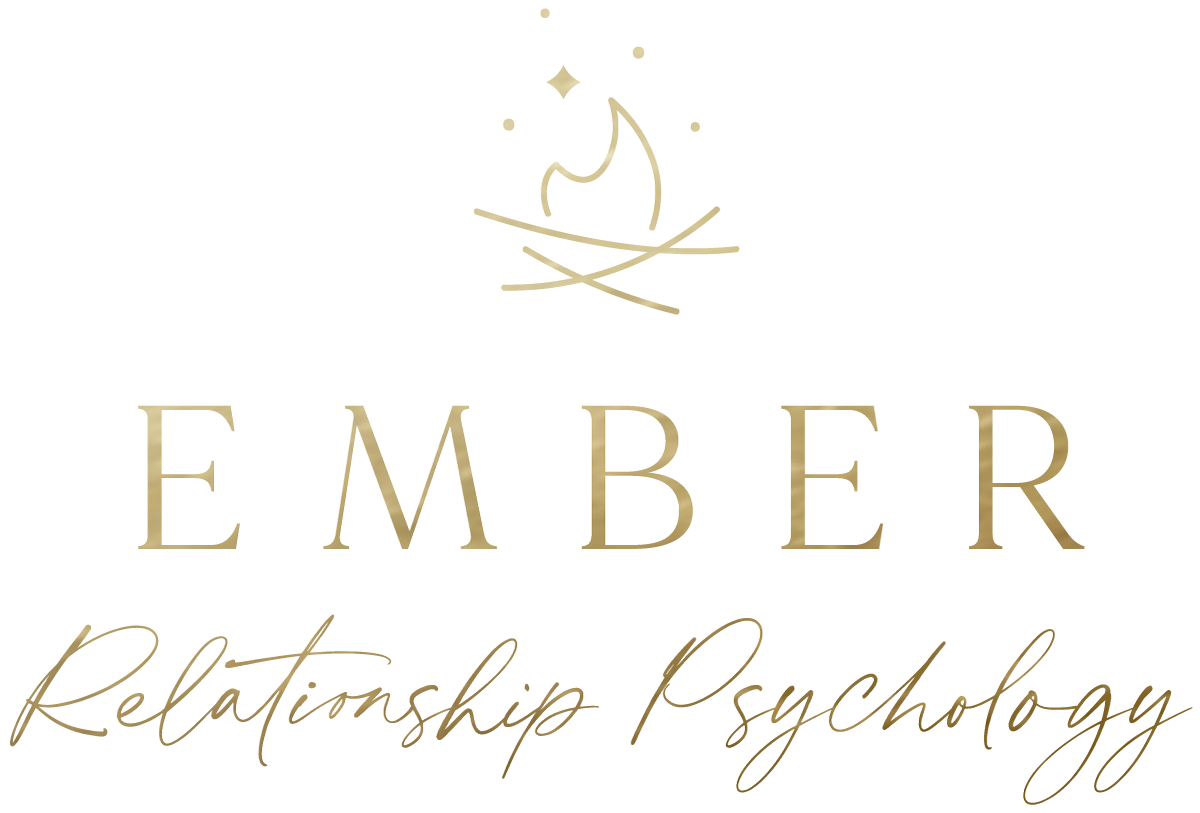Fondness and Admiration
by Amber Dalsin, M.Sc., C.Psych.
Secrets to Emotionally Intimate Relationships
Nobody wants to be in a long-term relationship where you dread seeing each other.
Most of us want to feel:
Liked
Loved
Respected
Cherished
Appreciated
If that sounds familiar, you want a strong relationship fondness and admiration system.
Fondness and admiration are key elements in a satisfying long-term relationship.
Having fondness and admiration doesn’t mean your partner won’t drive you crazy when they cook your steak wrong, leave wet towels on the bed, or leave an empty egg carton in the fridge. Yes, those flaws will still bother you. But because you have that genuine affection for your partner, you can still treat them with respect, even when they annoy you.
Shouldn’t Love Be Easier?
If you’re like me, at some point you have probably bought into the idea that because “love is enough” you shouldn’t need to do certain things to make your relationship work. This is a huge misconception about relationships.
I was working with a client whose relationships continually deteriorated, and who wanted to know what their part was in that deterioration. They told me that in early relationships they say things like, “Sweetheart, could you please hang up your towel?” Using terms of endearment when making a request.
Over time, they stop asking nicely. My client felt that “being nice” wasn't sustainable in the long-term. What they want to say is, “You’re being childish. Wet towels on the bed are nasty! Hang them up.”
I pointed out that contempt is one of the most toxic communication patterns in relationships. Contempt is when you talk to your partner from a place of relative superiority. We tend to behave this way when we don't feel appreciated. When contempt is present and fondness and admiration are non-existent, the relationship is in big trouble.
My client argued that they simply can’t maintain being sweet all the time.
Here's the thing: you don’t have to be sweet all the time, but you do need to be at least neutral. For long-term relationships to flourish, it is important to have fondness and admiration for your partner, even in conflict.
Protecting and Nurturing Your Fondness and Admiration System
The fondness and admiration system is fragile and it's important to keep in mind that friendship is at the heart of a good relationship. You have to nurture it in order to nurture your love.
The good news is the fondness and admiration system is easy to reignite when there is a just a little glowing relationship ember.
Here are three ways you can pour a little fuel on your fondness and admiration fire:
Daily Admiration:
If you're already a journaler, what you could do is write out something you like about your partner every day.
If you're not a journaler, just remind yourself and think of something you like about your partner each day.
Fond Stories:
This is something you do together or alone.
Think of something you appreciate about your partner. Maybe they are thoughtful or playful or graceful. Now think of a story that illustrates that thing you appreciate about them. Share this story with your partner.
Fond Recollections:
Think back on fond memories, like how you met, early dating, the first trip you took, or your wedding or commitment ceremony. Have a conversation with your partner about what you remember about those times.
Your fondness and admiration system can also be reinforced in little ways every day by expressing to your partner through words and actions that you appreciate them, you like them.
If you're in a relationship where you don't often share what's going right, sometimes it feels a bit unnatural at first. You don’t have to exaggerate or lay it on thick. Start where it feels natural, or at least not too inorganic.
It could be small things like:
Saying thank you for dinner,
Pouring your partner cup of coffee, or
Thinking of what you like about your partner.
The more you engage in nurturing the fondness and admiration system, the more comfortable it will feel and the more you can experiment with new and different ways to express and think about your care, appreciation, and respect for each other.
This blog is not meant to be a substitute for couples therapy or relationship counselling. This should not be construed as specific advice. See a relationship therapist in your area to address your specific problems.

